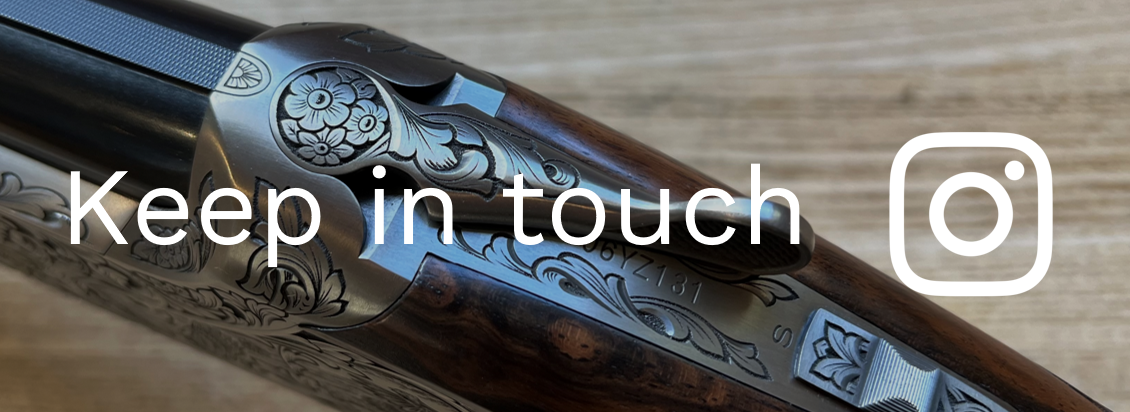The recent appearance in court of a Warwickshire schoolboy accused of firearms offences, revealed that the 15 year old had planned to kill his classmates using his father’s shotgun. That a tragedy was averted only came about because the boy had a change of heart and turned himself in at the last moment. This was a sobering reminder of the need for shooting sports to maintain a state of constant readiness to deal with the likely fall out, should a narrowly averted disaster such as this actually take place. Few, who were around at the time, will need reminding of the chaotic and uncoordinated response of shooting’s governing bodies in the wake of Dunblane and, on reflection, shooting enthusiasts can count themselves lucky that the resulting firearms legislation and consequent handgun ban, did not go even further.
In the intervening years the leading bodies, BASC and the Countryside Alliance most prominent among them, have hugely sharpened up their acts and have in place professional media teams. If a potential weakness remains it is in that area of coordination. Some years ago key shooting suppliers set up the Shooting Industry Fund, its principal aim being to build a war chest, so that should it become necessary to have to deal with another Dunblane style event and with it fund a public defence of the sport, money would be available. One of the key areas identified in the early noughties was the lack of qualified spokespeople to deal with the media. At the time of Dunblane and with the press especially keen to find quotable sources, there emerged a ready supply of them drawn from the lunatic fringes of shooting community. The resulting headlines did nothing to aid the defence of shooting nor to quell the disquiet of the public at large.
When under prompting from the Gun Control Network and the Teardrop Campaign, the then new-to-the-job Prime Minister Tony Blair announced his intention to ban handguns, it was clear that in public opinion terms, he was pushing at an open door. So it was in the aftermath of the ban that the Fund backed a series of training seminars, to which the key shooting bodies were invited to send representatives to be tutored in how to deal with the media. The seminars were a success, but the wider aim of having a single team comprised of the best people foundered, because the British Association for Shooting and Conservation (BASC) felt that such a move would undermine its claim to be Britain’s main voice of shooting and although not said at the time, might not aid member recruitment. Whilst the shooting community has little to worry about now in terms of the abilities of the media teams working within the principle shooting and country pursuits bodies, the territorial defensiveness typified by BASC’s response back then, is still very much in evidence today, with the result that when – and, alas, it is probably a case of when – the next serious mass shooting episode occurs, the lack of a unified response, pumping out messages agreed collectively, may well cost the sport and the industry dear.

